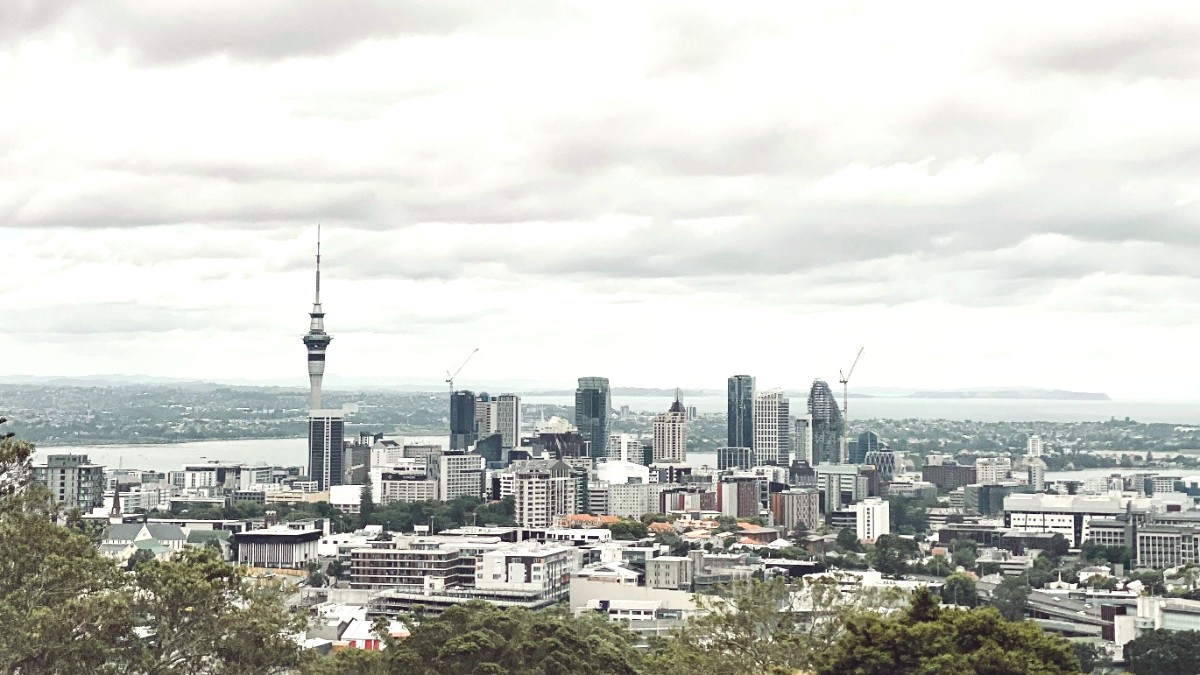
New Zealand
Sunlight often bathes the city, illuminating the iconic Sky Tower and the hundreds of sails that give Auckland its famous nickname. Auckland stands ready to surprise and delight, giving an unforgettable introduction to the wonders of Aotearoa, the Land of the Long White Cloud. Prepare to connect with this unique corner of the world.
Auckland's history stretches back centuries, long before European arrival, with Māori having a strong presence in the region for over 800 years. The area, known as Tāmaki Makaurau, was highly valued by Māori tribes for its rich volcanic soils, strategic defensive positions on its many volcanic cones, and abundant resources from its two harbors.
European settlement began in the early 19th century. In 1840, Governor William Hobson selected Auckland as the new capital of the Colony of New Zealand. This decision spurred rapid growth, transforming the small settlement into a bustling port and administrative center. Its historical evolution from a Māori heartland to a colonial capital and then to a diverse global city shaped its unique character.
Auckland, New Zealand's largest city, blends urban sophistication with readily accessible natural beauty. It occupies an unique geographical position on an isthmus, bordered by two distinct harbors and dotted with 50 dormant volcanic cones, many offering panoramic views. The city's identity as the "City of Sails" reflects its strong maritime culture, with yachting and water activities a popular part of life.
Visitors discover a mild, temperate climate year-round, characterized by four distinct seasons: warm summers, mild autumns and springs, and cool, wet winters. This changeable weather means layering clothing brings comfort. The New Zealand Dollar (NZD) is the currency, and ATMs and credit card facilities find wide availability. Tipping is not customary, making for a relaxed dining experience.
Buses, trains, and ferries connect the city efficiently with an AT Hop card.
Options cater to every budget, from hostels to luxury hotels.
Fish and chips, pāua fritters, and the iconic flat white coffee.
Sky Tower, Auckland War Memorial Museum, Viaduct Harbour.
Waiheke Island for wine tasting or West Coast beaches like Piha.
Auckland extends a warm welcome and a travel experience that seamlessly blends urban exploration with the great outdoors. The city serves as a gateway to the wider New Zealand landscape, inviting travelers to begin their adventure here.
Auckland enjoys a mild, temperate climate throughout the year, with warm summers and cool, wet winters. Layers of clothing bring comfort for changing weather.
The local currency is the New Zealand Dollar (NZD). ATMs and credit card facilities find wide availability across the city.
The combination of city life and accessible natural wonders positions Auckland as a premier travel destination, offering something for every visitor.
Auckland is a generally safe travel destination.
Comprehensive travel insurance is highly recommended for all travelers. It covers medical emergencies, including emergency evacuation, trip cancellation or interruption, and theft or loss of luggage.
Hospitals and clinics are available; non-residents pay for consultations.
Tap water across Auckland is safe for drinking.
Earthquakes, volcanic activity (dormant), and tsunamis are rare but possible.
For immediate assistance, know the local emergency numbers and what to do in case of lost documents.
Hostel dorms, self-catering, public transport, free attractions.
Mid-range hotels, mixed dining, occasional taxi, paid attractions.
Luxury hotels, fine dining, private transfers, premium tours.
New Zealand Dollar (NZD or NZ$). ATMs and major credit cards (Visa, MasterCard, Amex) find wide acceptance.
Withdrawing NZD from ATMs often presents the most economical option. Inform your bank of travel plans.
Tipping is not customary or expected in New Zealand. Service charges are generally not added.